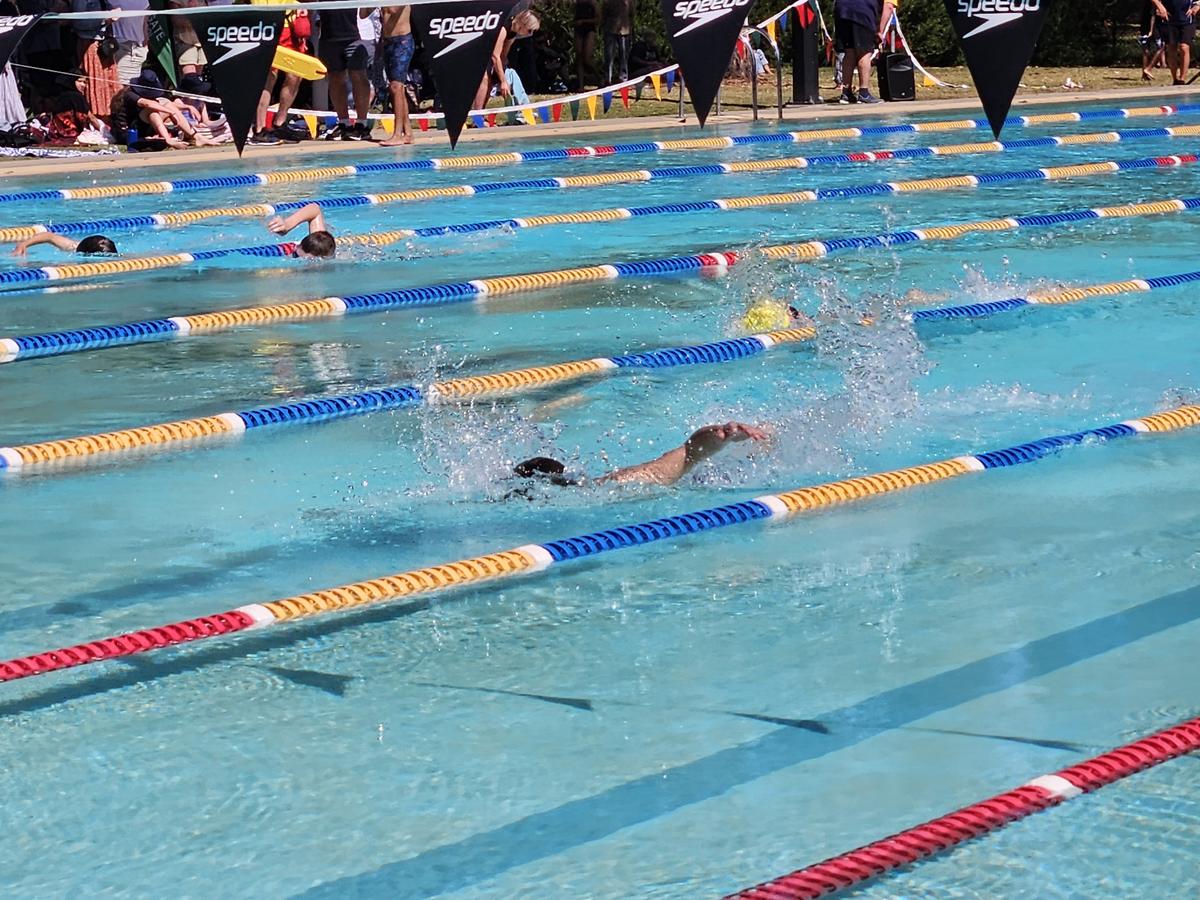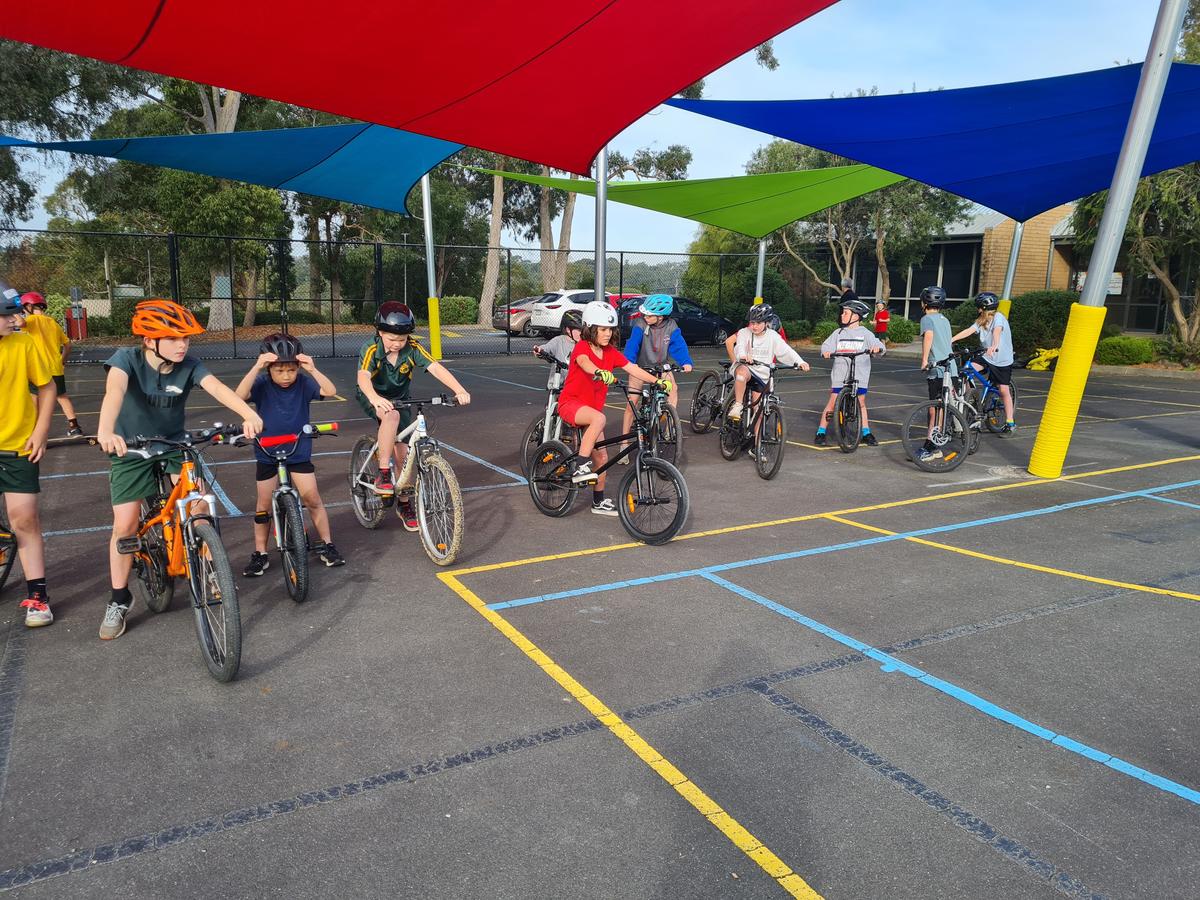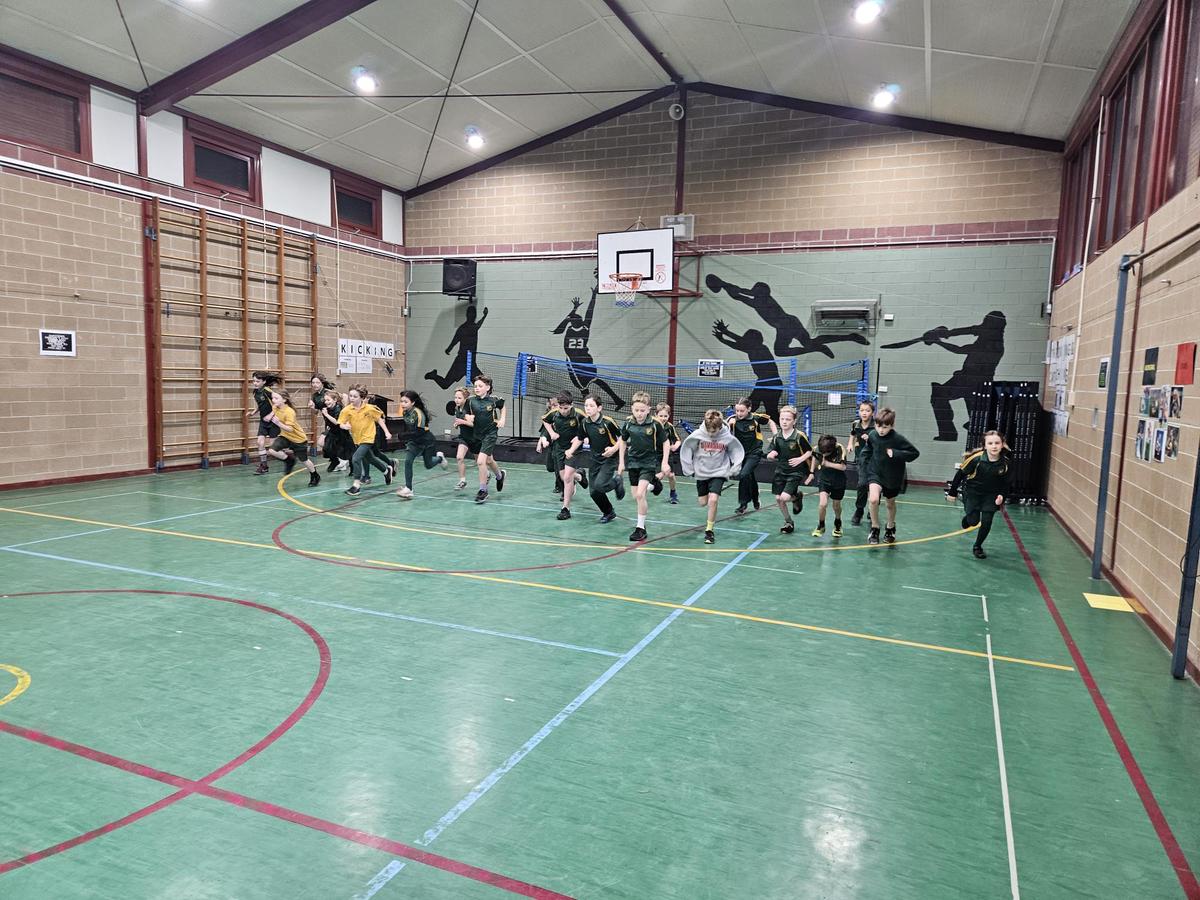An Overview of Curriculum Subjects in Victorian Government Primary Schools
At Upwey South Primary School, all students are placed into a year level class based upon their age. Within these classes, as within all government primary schools, there may be varying academic and/or social-emotional abilities. Through a focus upon relationship building, and engaging in ongoing professional learning, classroom teachers are able to cater for students of differing abilities. The year level classroom teacher is generally responsible for teaching the following curriculum areas:
- English
- Mathematics
- Humanities (covering History and Geography), known in primary schools as Inquiry Studies
- Social Emotional Learning
Subject areas which complement the above curriculum are referred to as ‘specialist’ subjects.
Specialist subjects offered can vary across local neighbourhood schools, dependent upon a number of factors, such as access to suitably qualified staff, community values, department initiatives, or the strategic plan of the school. However, all Victorian government primary schools should aim to offer specialist subjects covering The Arts, Languages, Sciences, and Health/Physical Education.
Specialist Subjects at Upwey South Primary School
All students at our school attend five ‘specialist subject’ sessions per week, which are delivered by suitably qualified teachers who have undertaken tertiary studies in their particular specialist area. Each of these specialist sessions are 50 minutes, totalling 250 minutes of specialist sessions per week for each class. At Upwey South Primary School, we go beyond the norm of other schools, and offer an engaging highly diverse range of subjects.
The following specialist subjects are offered at our school:
Auslan
Through the Auslan curriculum students gain an understanding of language, culture, and learning. Our aim is to develop the knowledge, compassion, and skills to enable our students to be confident Auslan communicators, and to make connections with the diversity of Deaf experience and the nature of identity. Students learn how to sign and communicate with Auslan, focussing on how to hold conversations that can include single vocabulary signs, common gestures, and more complex conversations involving dialogue between two or more communicators.
In support of the Auslan curriculum, all year level classrooms engage in what we call ‘Talk Moves’ which are an agreed set of signs which we use to create conversational norms across our classrooms. For example, you won’t see any hands-up in our classrooms or hear students yelling over each other to have their voices heard; instead you will see students communicating with their peers and teacher by using ‘talk moves’ or Auslan to communicate their understanding and feelings about what is being discussed throughout a classroom lesson.
All students from Foundation- Year Six take part in Auslan on a weekly basis for the duration of the school year.

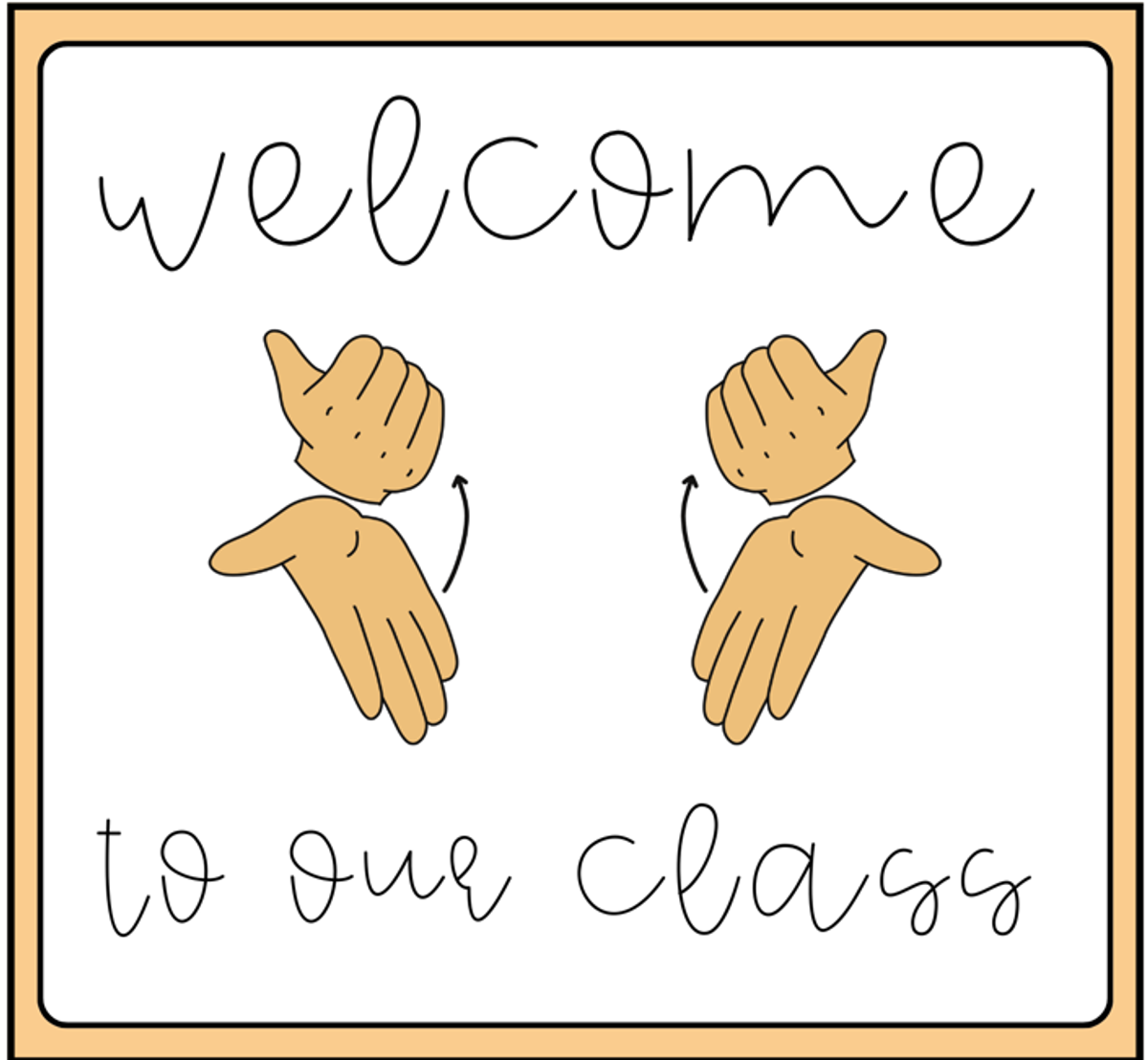

Science
The Science curriculum at our school is scaffolded across year levels for students to develop knowledge within, about, and beyond their own environment.
- From Year One through to Year Six, our Science classes are focussed upon 'Physical', 'Chemical', 'Earth or Space' and 'Biological' Science. Classes for Year One - Year Six students are delivered within our purpose designed primary Science Lab, with students always excited to wear their very own personal protective equipment, such as goggles and lab coats. Lessons across these year levels focus upon how humans interact with the world around and beyond what we can see, hear, touch, smell, and taste. Students in Year One and Year Two, focus on understanding the natural world, learning about living things, materials, and basic physical forces through observations and simple experiments. As students progress to Year Three and Year Four, they delve deeper into ecosystems, the properties of materials, energy, and changes in the environment. By Year Five and Year Six, students develp a more detailed understanding of scientific concepts, using more complex investigations, experiments, and critical thinking to answer scientific questions.

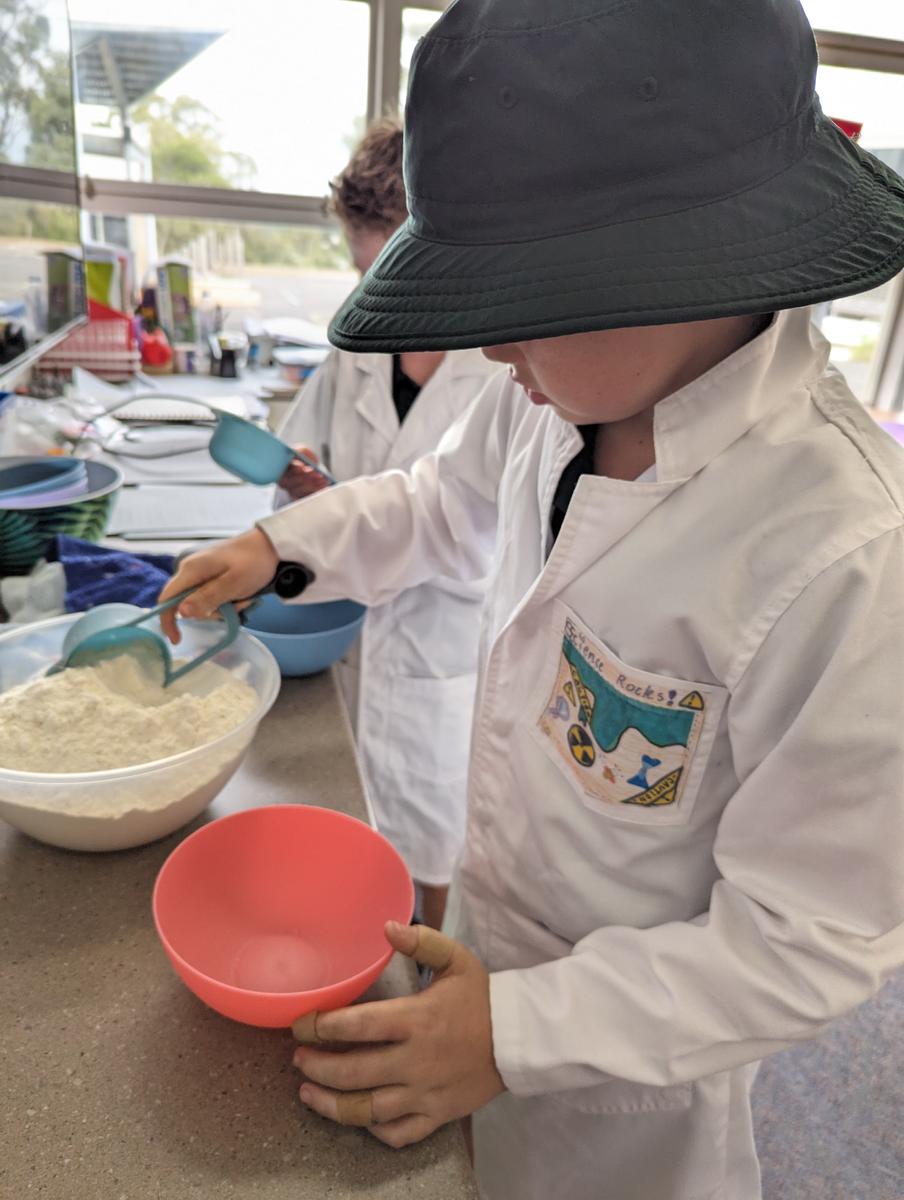
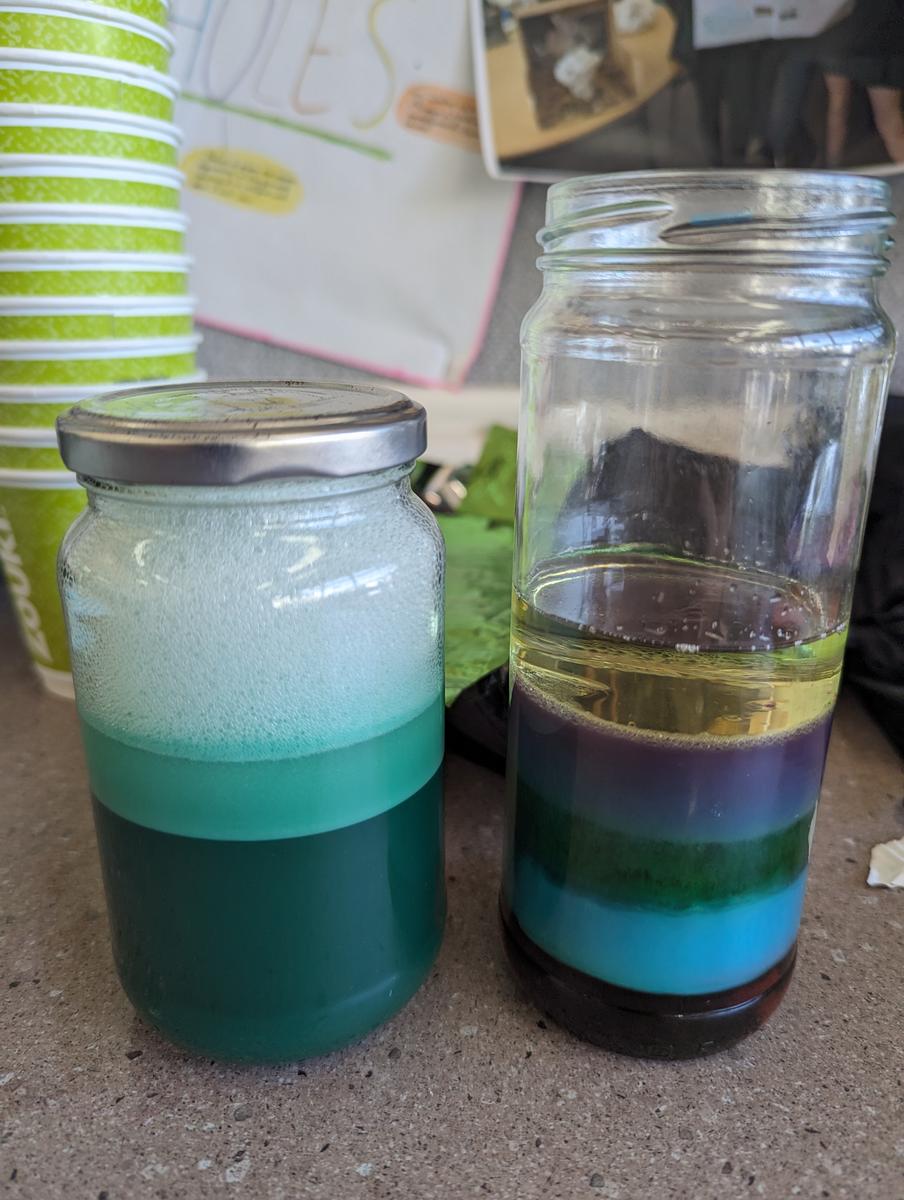
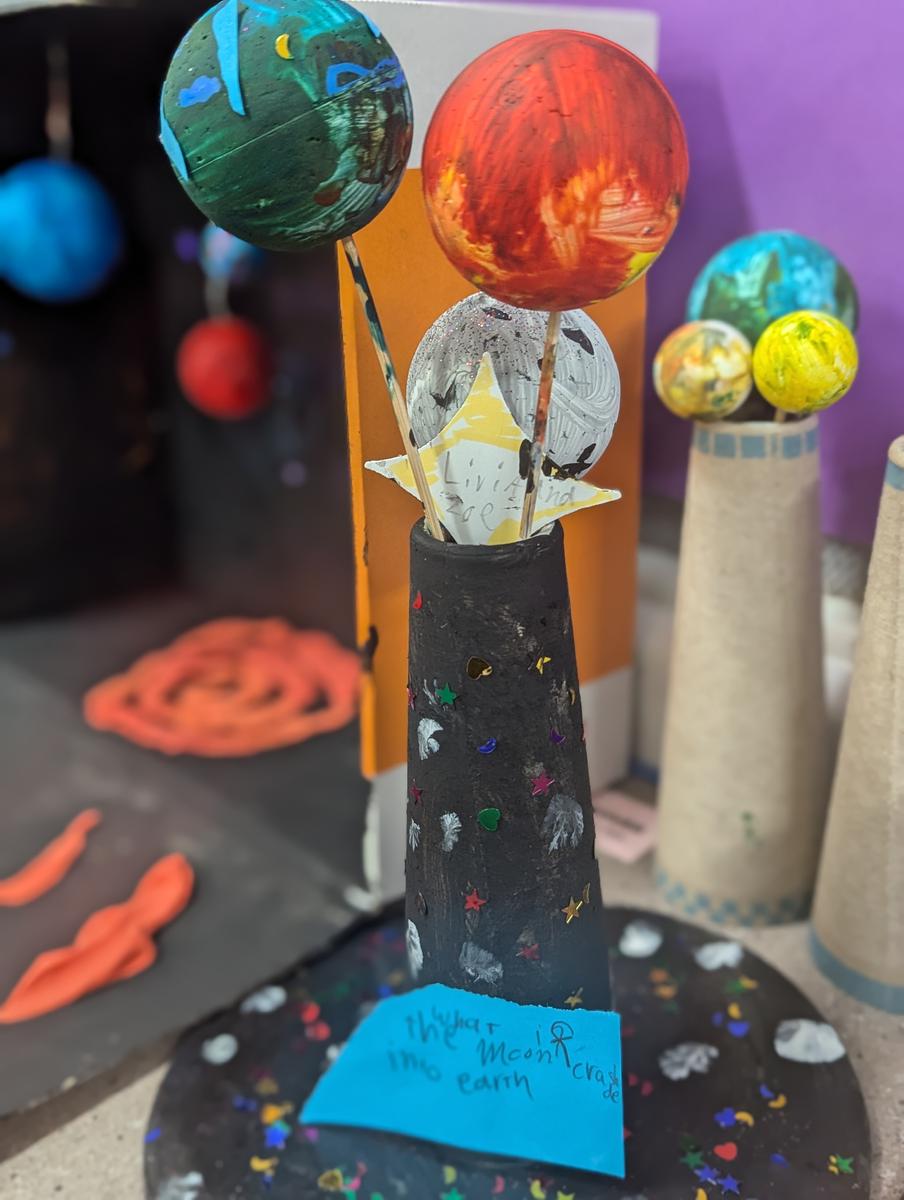
Performing Arts
You only need to attend a few of our Performing Arts classes to discover that this specialist subject is a passion for many of our students. Lights, cameras, and action! Our highly engaging classes are full of excitement, joy, and a true love of learning of how students can express themselves through the arts curriculum. Performing Arts classes cover areas of dance, drama, music, and the media arts.
Music lessons cover concepts such as group singing and harmony, music notation, rhythm and beat, and vocal expression. Throughout their schooling all students learn how to play the ukulele and the djembe.
Dance sessions provide students with the opportunity to engage in free expression which is often reflective of current trends within their own world. Students learn individual and group choreography, and regularly have the opportunity to perform with their peers.
Drama sessions cover body language, facial expressions, voice projection, and stagecraft, with students learning important theatre cues such as how to enter and exit a stage. Students are able to study, perform, and write various drama pieces. They learn that drama can have dual purposes, such as to entertain with humour or to deeply connect with the emotions of the audience.
Within media arts our students engage with both visual and audio production. Through our on-site partnership with 3MDR 97.1FM, students having the opportunity to take part in creating radio show content, and learning how to use available media features such as green-screen technology and simple podcasting.
All students from Foundation- Year Six take part in Performing Arts on a weekly basis for the duration of the school year.
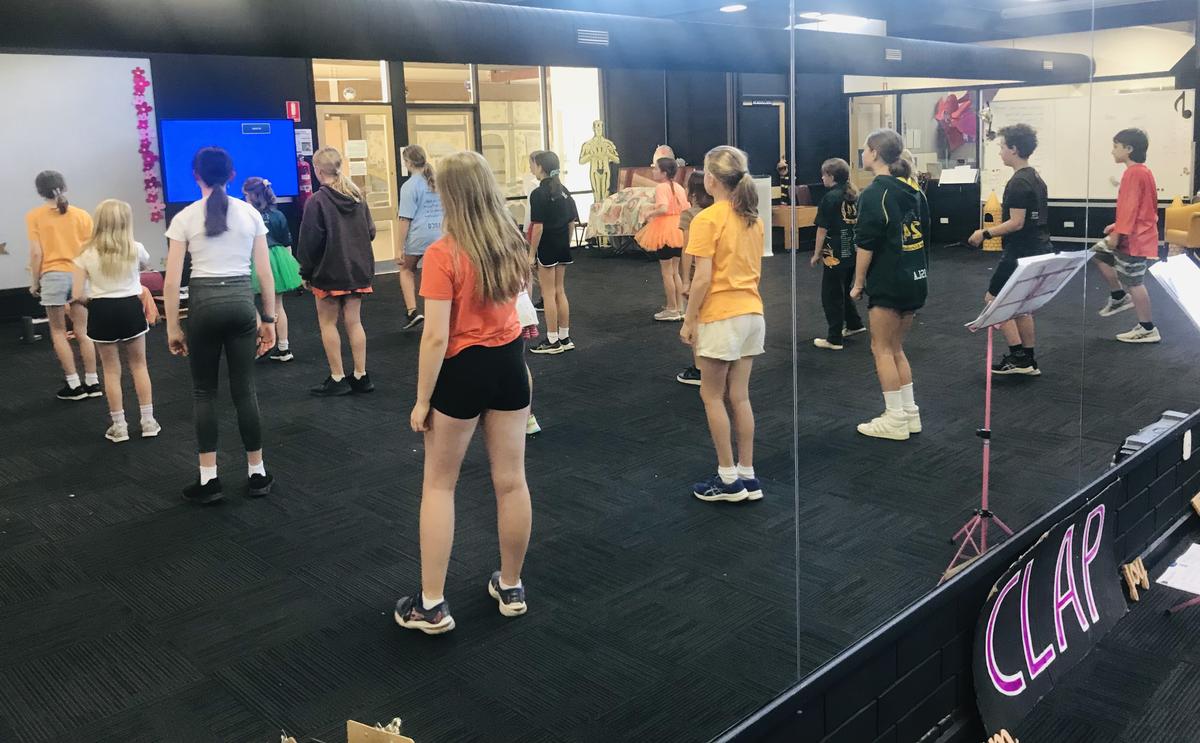
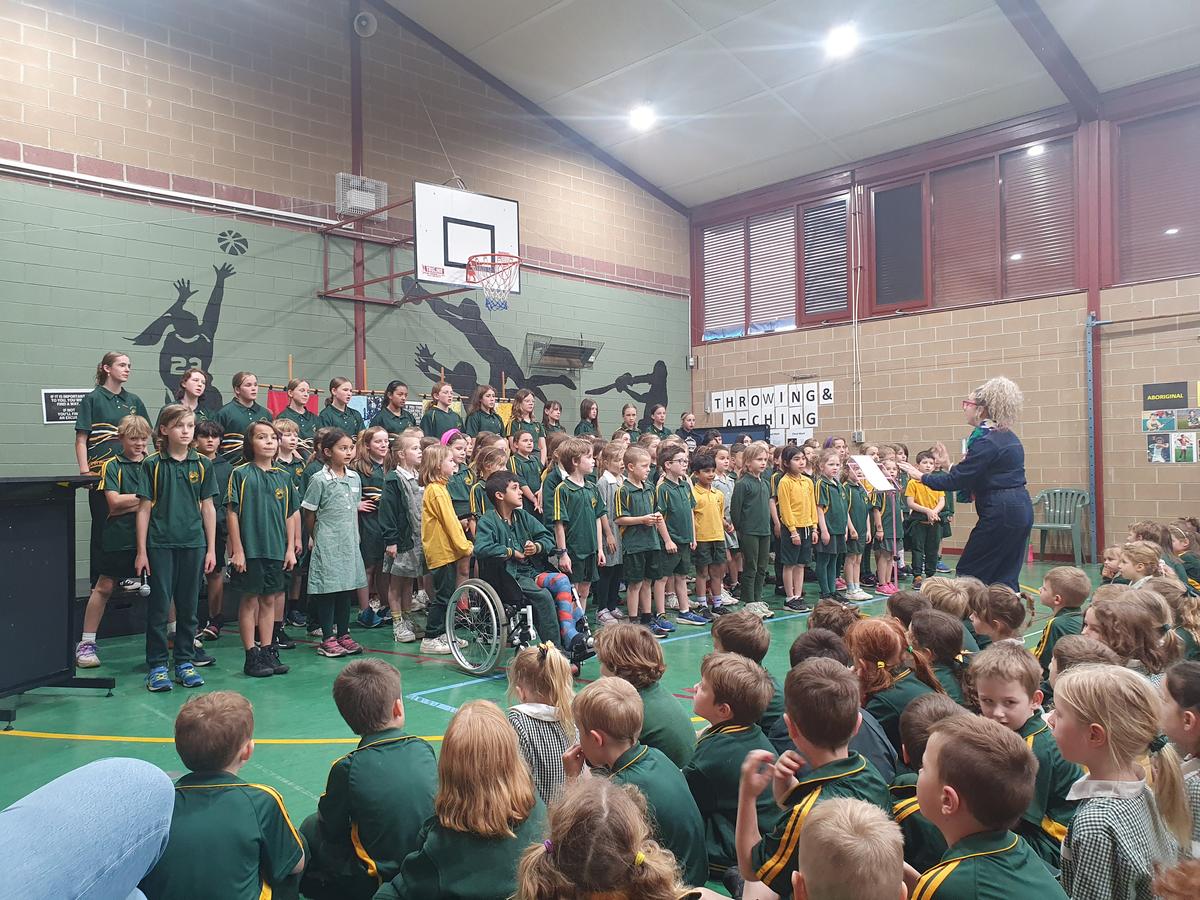
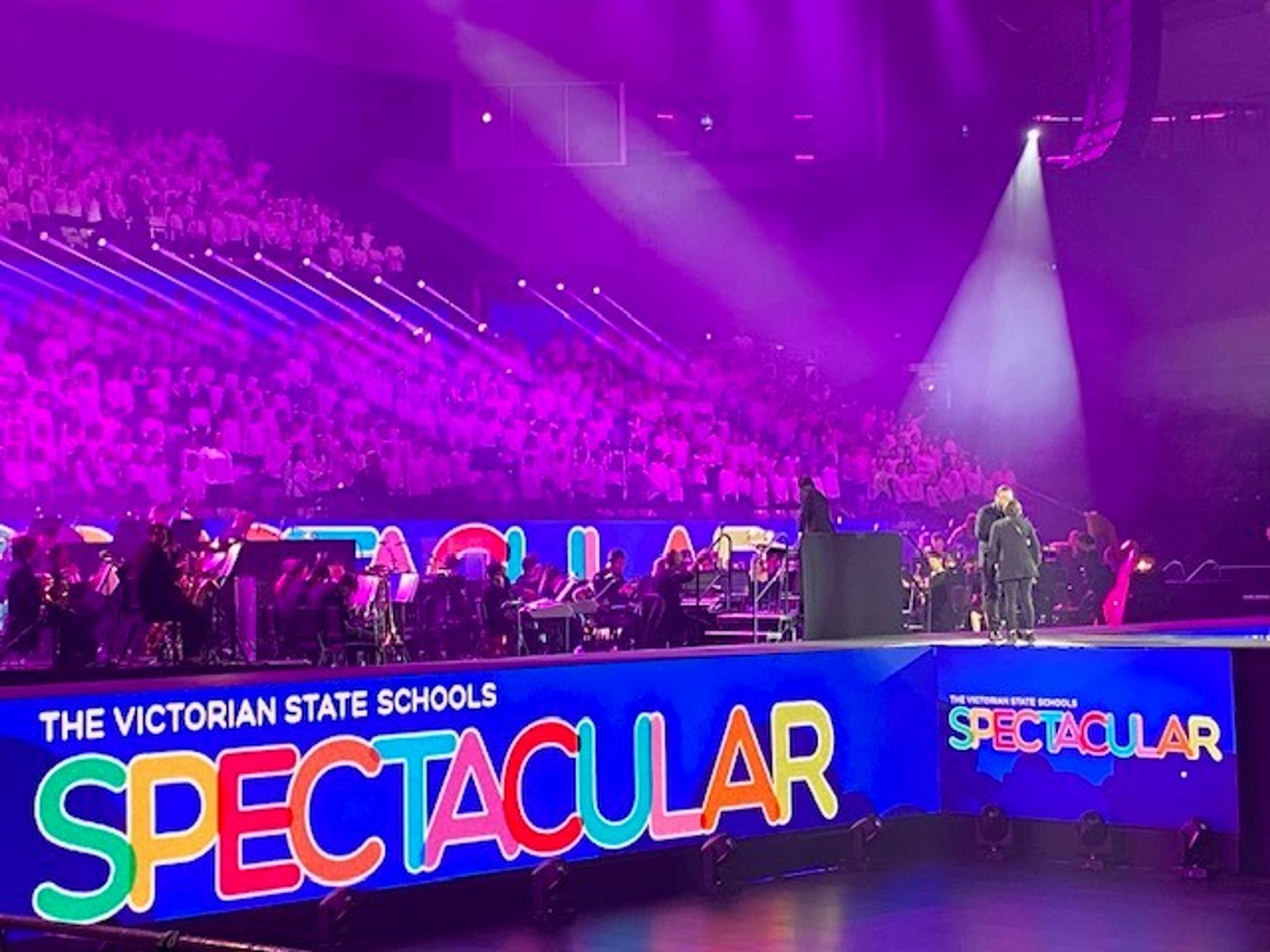
Visual Arts
From the moment you enter our school, the talent which is inspired through our Visual Arts program can be seen and felt.
The Visual Arts Program is a highlight for many of our students, providing the opportunity to explore a range of artistic concepts from sculpting to sketching, and from creating to critiquing.
Students study the works of artists from across diverse cultures, and from across different times in history. They look at modern art movements from street art to steampunk, and study classical, modern, and contemporary artists as both individuals and movements.
Students learn to express and produce art pieces through a range of hands-on mediums, often encompassing available technologies fused with traditional methods of painting, fabrication, and sketching.
All students from Foundation- Year Six take part in Visual Arts on a weekly basis for the duration of the school year.
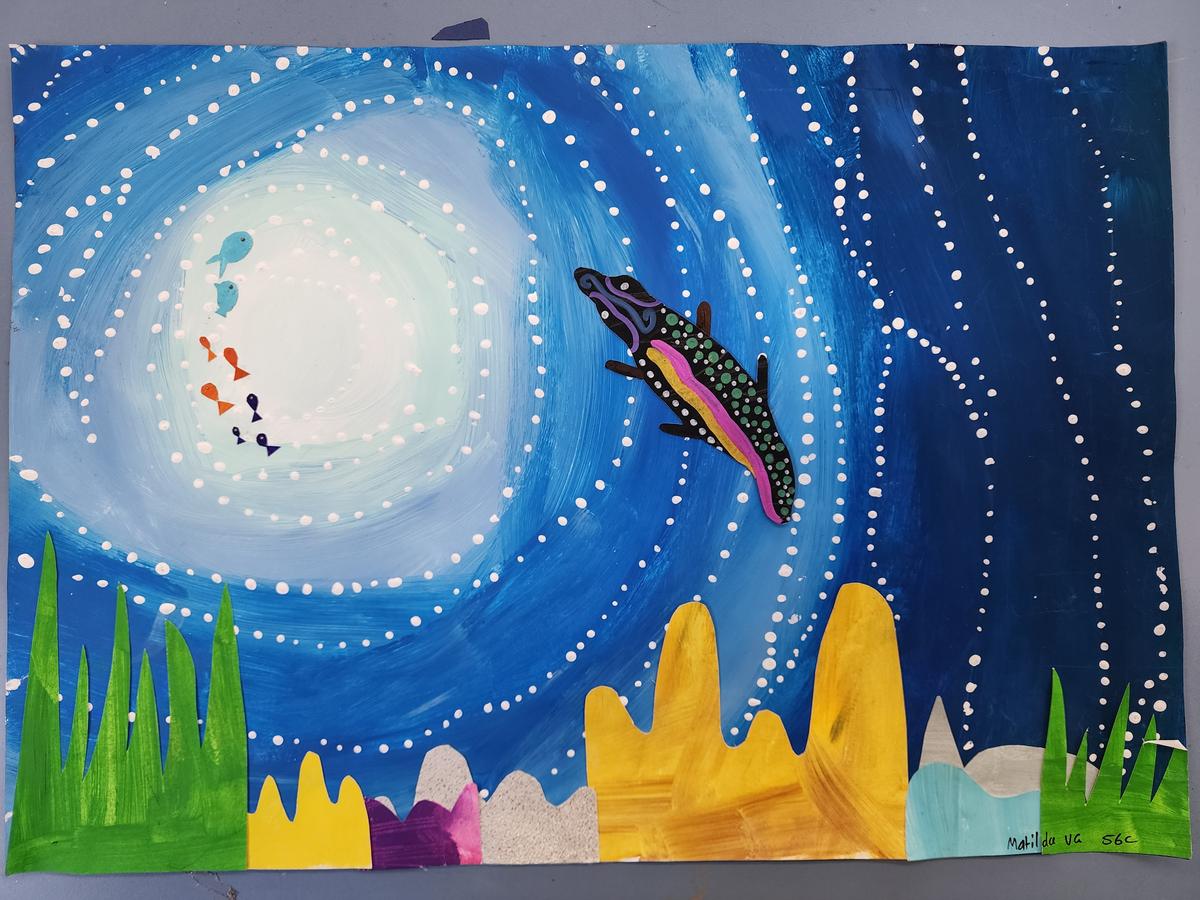

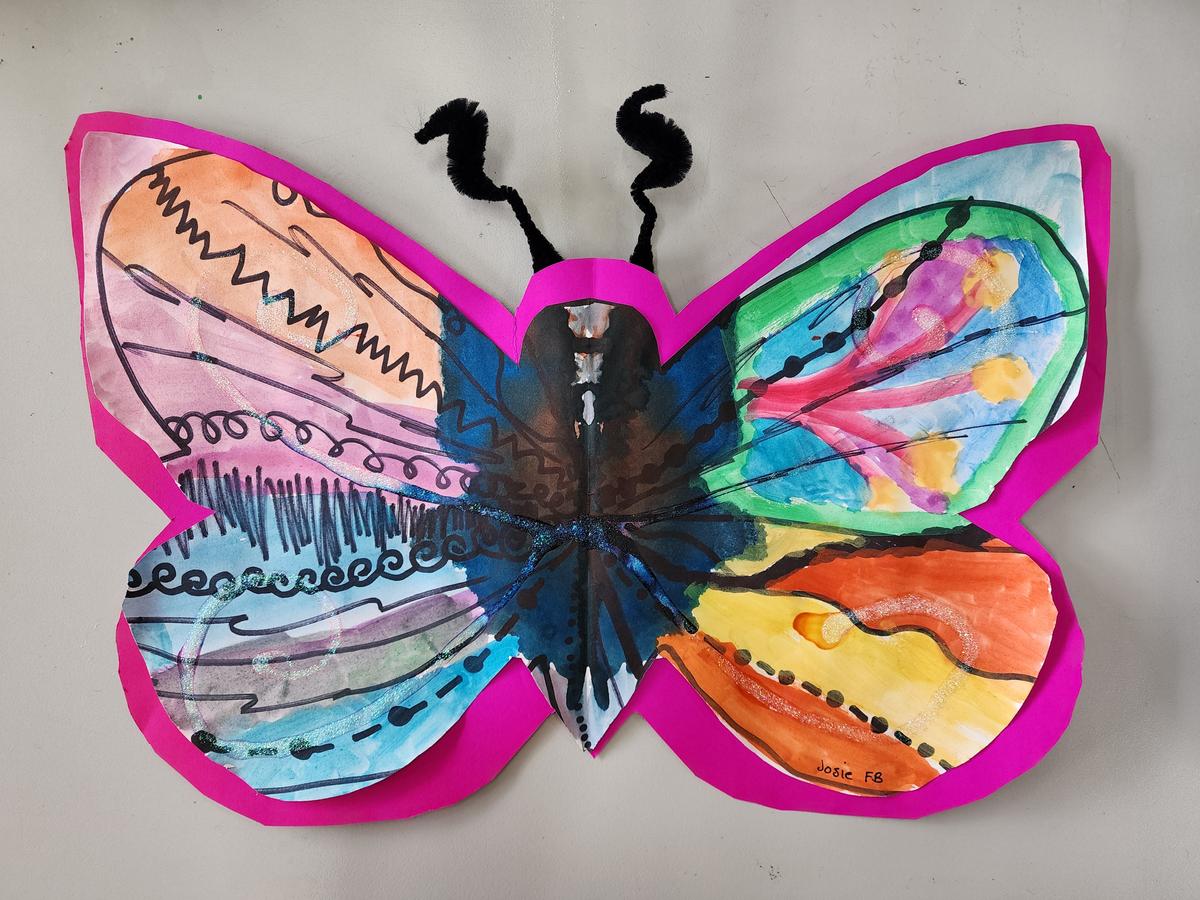
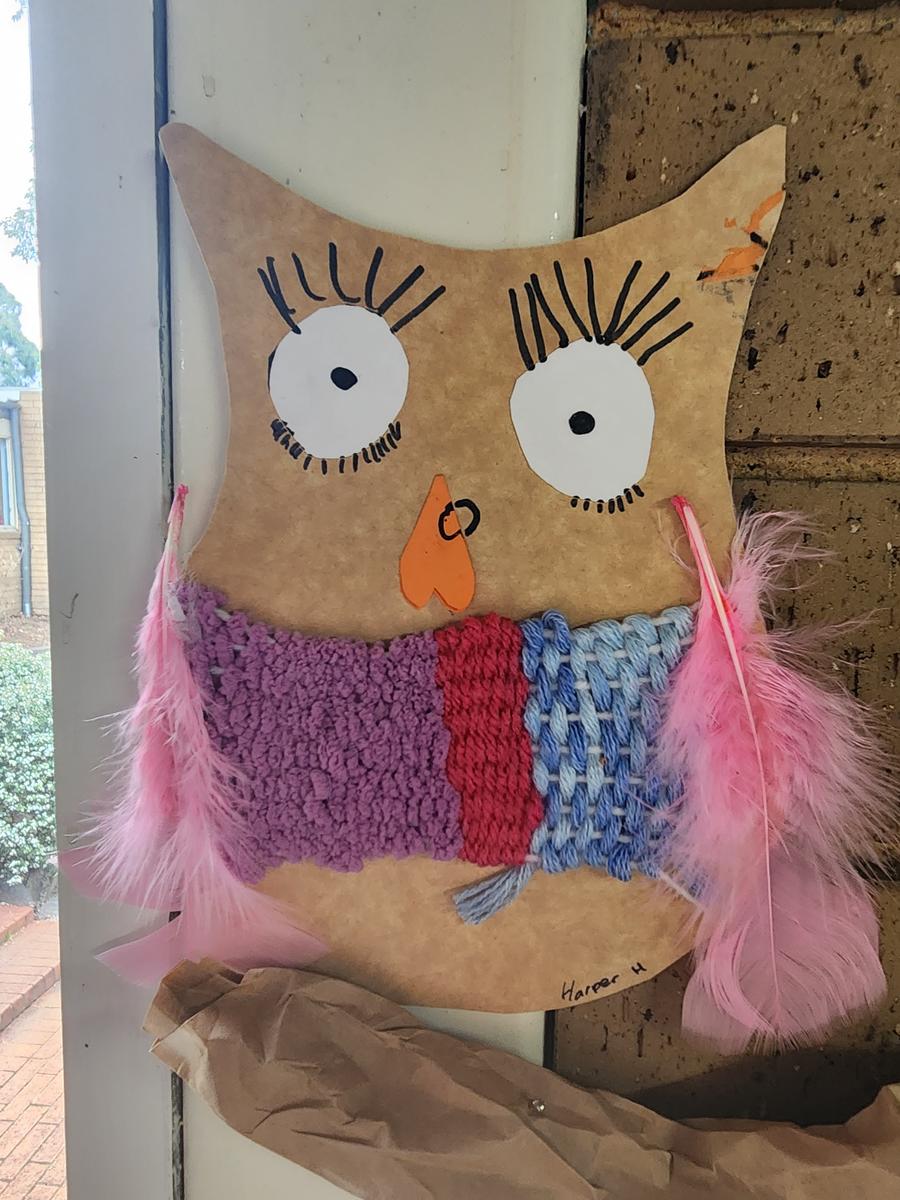
Health and Physical Education
At our school we recognise that Health and Physical Education classes can often provide an opportunity for students to connect with their peers beyond the classroom. Our curriculum is rich in both the development of technical skills and the development of healthy habits for life.
Classes are focussed upon the deliberate and purposeful development of fine-motor and gross-motor skills which are required to engage with a wide variety of sports and physical hobbies.
Through the physical education component of the curriculum, we aim to expose students to non-mainstream sports- both indoor and outdoor, and provide students with structured opportunities to connect with local sporting organisations and clubs. We go beyond the general primary school norm of just teaching common Winter and Summer sports, and instead focus upon the importance of culture in both team and individual sports.
Within the Health curriculum we cover areas such as how to promote positive team dynamics, through to students developing their own personal training programs for an area of their life in which they want to improve. We learn about ‘healthy habits’ and talk about how tracking our own personal changes can assist us in reaching life goals that may be academic, sporting, and social-emotional.
All students from Foundation- Year Six take part in Health and Physical Education on a weekly basis for the duration of the school year.
